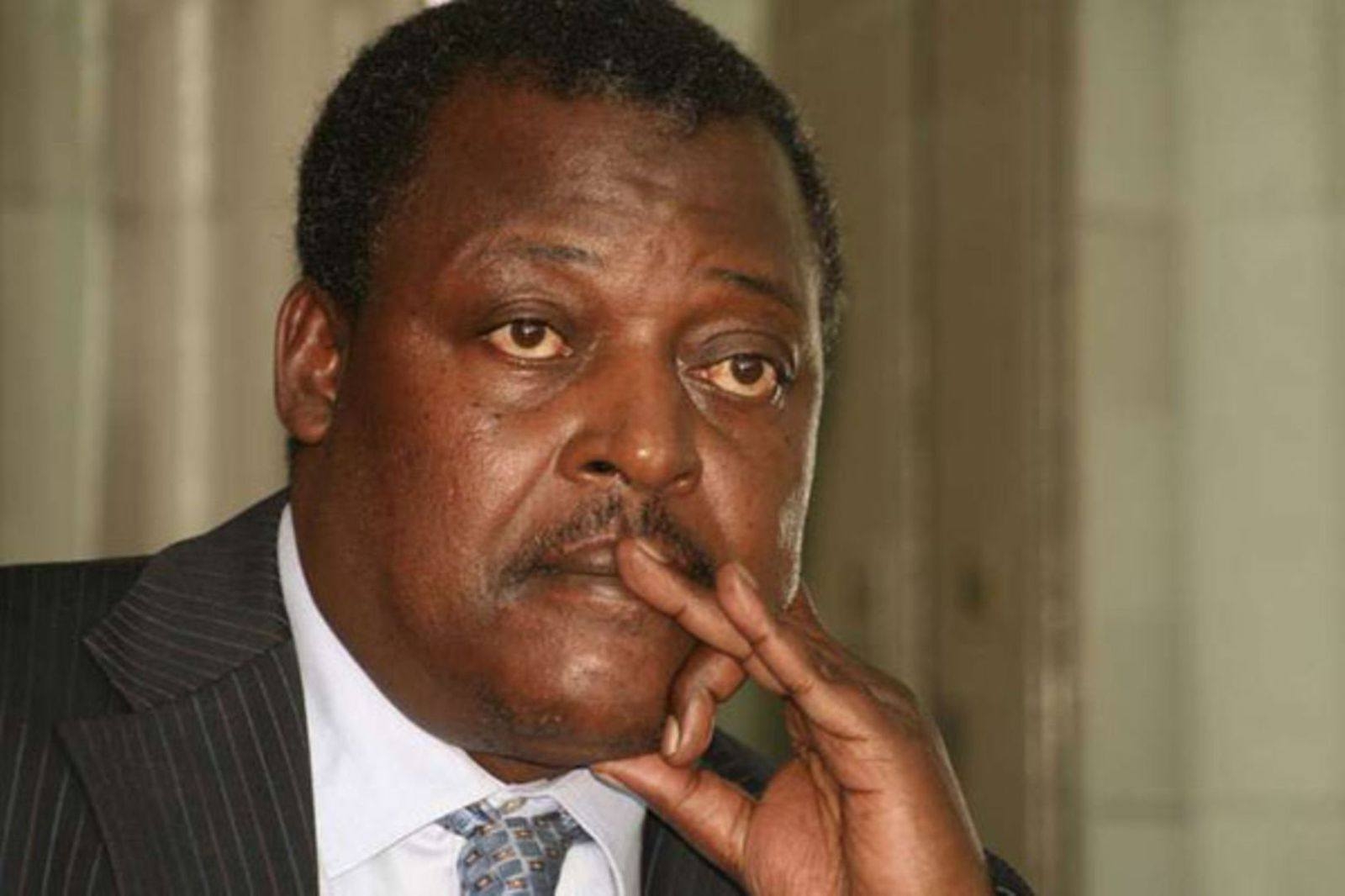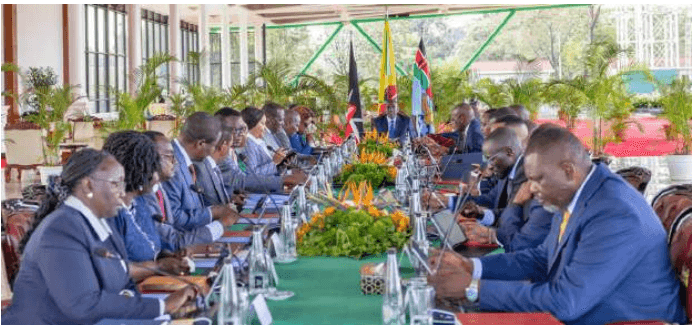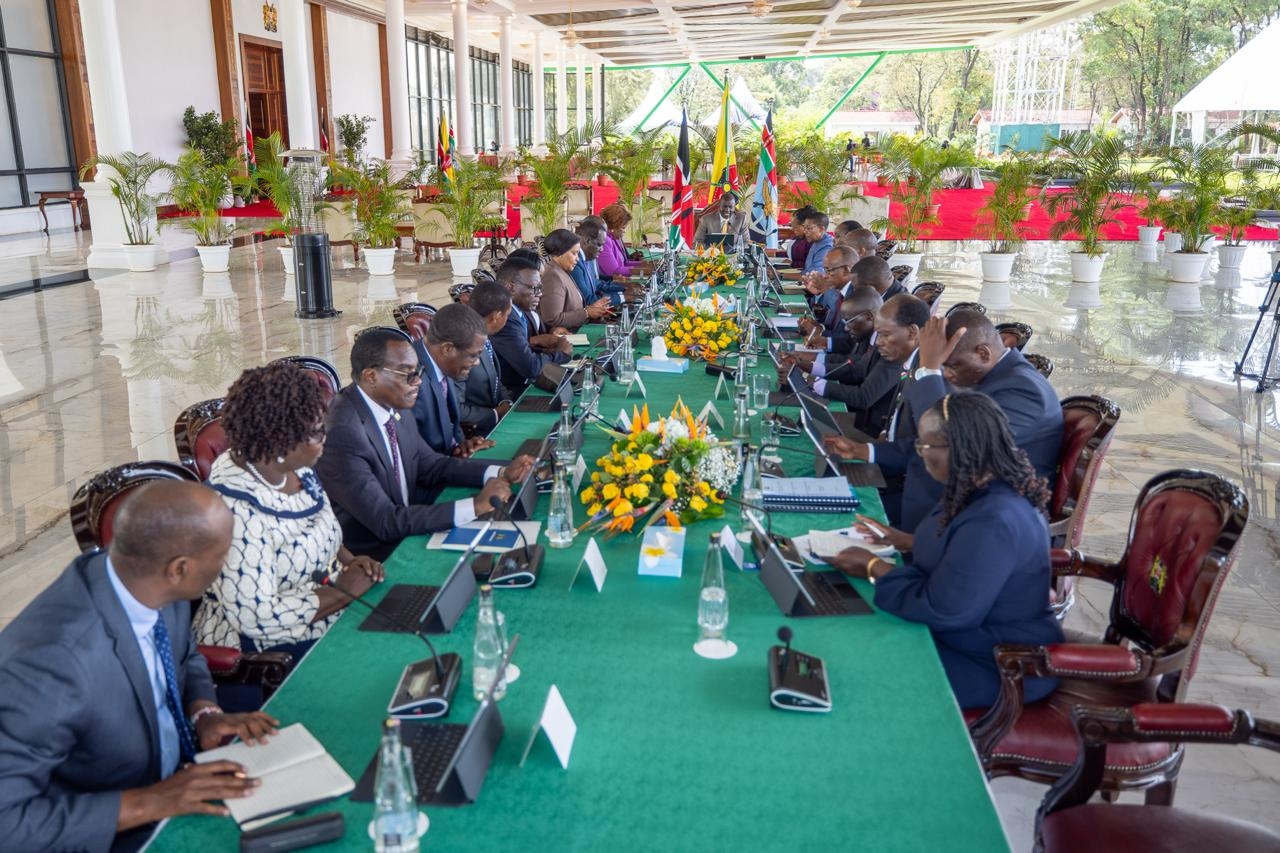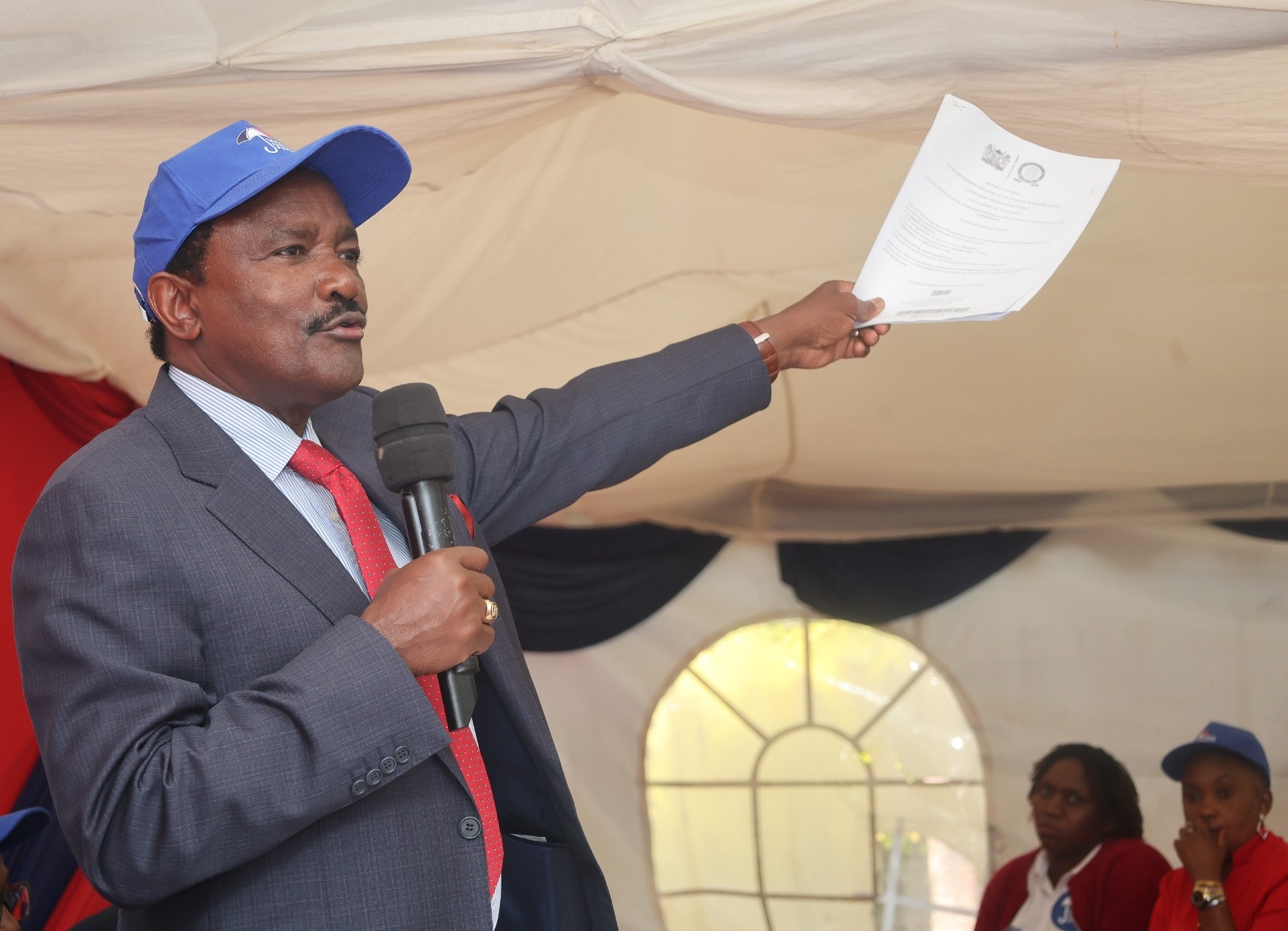Interesting times globally as citizens continue reaping the benefits of innovation and opportunities provided by the digital economy.
The word inclusivity in the growing demand for the respect of human rights including for people enabled differently is bubbling.
It will be a gross violation of human rights if as we glee in the advantages that have come with technology and we forge on a society that cares for all, for innovators and governments in Africa to miss the opportunity to create policies, implement laws and create technology tools sensitive to the needs of people with disability.
Great efforts have been invested and resources used to ensure we develop policies, create digital space and develop tools that allow people with disability access and use technology to better their lives through using items such as search engines, sending and receiving text and audio messages, emails, access information from websites, blogging, participate in audience-led media programming programmes, and creation of tailor-made items.
And this has seen a tremendous increase for people with disability to participate in governance, development and knowledge management activities. However, much needs to be done on that front.
Technology companies need to invest more in creating tools and devices that enhance the protection of the digital rights of PWDs, as an obligation towards protecting their human rights, as governments in Africa work towards efficient implementation of already developed laws on the inclusion of PWDs in national development.
Already for example Kenya is a signatory to the 2006 United Nations Convention on the Rights for Persons with Disabilities (CRPD), which for all intents and purposes, has been seen the best in the protection of the rights of the PWDs, especially in the push for a more inclusive and accessible digital ecosystem.
It calls for the creation of digital tools that enhance the use and accessibility of such to PWDs globally and innovation of digital platforms that are sensitive and user-friendly.
In the Bill of Rights in Kenya, PWDs are fully recognised and provisions made to protect their rights as human beings, including from being discriminated against in any form.
There is the National Council for People with Disability that specifically ensures PWDs enjoy their rights and are included in all aspects of national development.
But even with that, the issue of ensuring compliance with the standards established under the law and other conventions to ensure PWDS access digital tools sensitive to their needs is still problematic.
We need harmonisation or a joint approach - for the institution responsible for ICT equipment including telephone, TV, and other tools is the Communication Authority of Kenya, while the overall board in Kenya that deals with consumer protection through ensuring standards is the Kenya Bureau of Standards, and the Council has no role.
CA for example has put broadcasters to ensure they include sign language interpreters during their prime-time bulletins- but what about other educative programmes?
Maybe the three bodies come up with a joint implementation and enforcement mechanism to ensure ICT tools being allowed in the country have a quota meeting the needs of PWDs or create special interventions that will see PWDs enhance their access to ICT devices and information formats that enhance inclusivity.
PWDs in Kenya just like in other countries are still pushing for inclusivity in the digital space because of challenges including the high cost of getting digital tools.
















